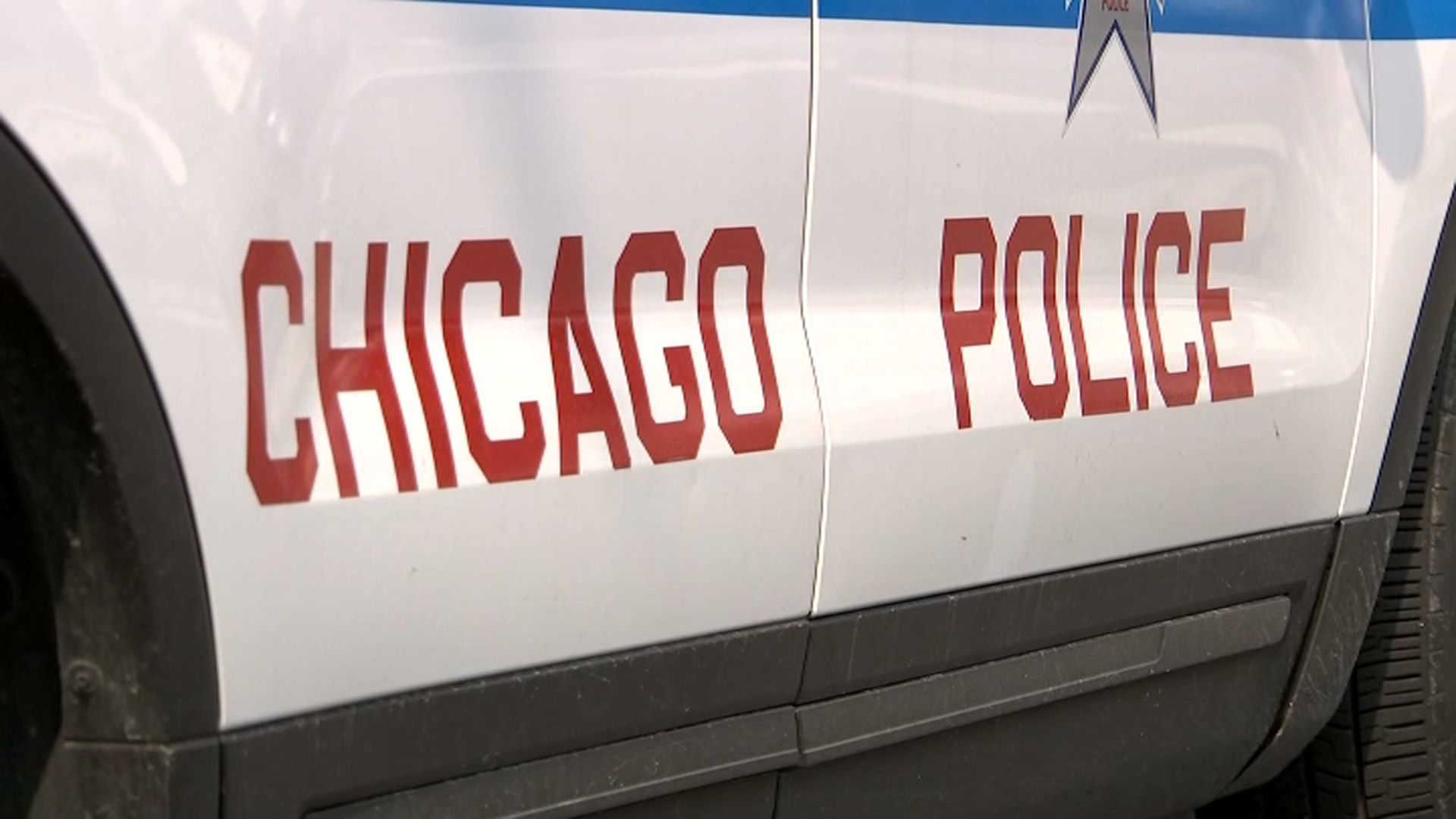Lollapalooza took over Grant Park almost two weeks ago with an estimated 380,000 people from across the country attending the four-day music festival.
“I was excited to be there and I was like, oh, wow, things feel so normal for the first time,” said concert-goer Hannah Corona.
The 22-year-old from Washington is fully vaccinated against COVID-19 and went to the festival all four days.
“Getting vaccinated and going to like a full regular event was definitely like a weird experience,” she said. “But it was very exciting.”
One day after leaving the festival to return home, however, she said she began showing mild symptoms.
“I just had a really bad headache, but again I just thought I was tired and the time change. I was like okay, my body just needs like rest,” Corona said. “Then Tuesday I woke up the headaches was really, really bad. I was just like really, really hot. Just did not feel great.”
Corona said she was the only person in her group of friends to test positive for COVID.
Local
"I don't have any regrets going," she said. "My only regret if there would be one is, 'oh my God I hope I didn't get anybody else sick.'"
Michael Andres from Chicago attended the festival on Thursday and experienced mild symptoms three days later, losing his sense of taste and smell. He said he knows it could have been much worse.
Feeling out of the loop? We'll catch you up on the Chicago news you need to know. Sign up for the weekly> Chicago Catch-Up newsletter.
“I think the symptoms were reduced because I’m vaccinated,” he said. “But it was still quite the journey to get fully recovered and I’m not still fully recovered right now.”
Andres took an at-home test confirming his positive diagnosis. He alerted his family and friends with whom he had been in close contact. His girlfriend and other friends who attended Lollapalooza with him tested negative for COVID.
“I really do believe I got it at Lollapalooza because I wasn’t out anywhere else other than Lollapalooza that week,” said Andres.
Festival-goers had to show proof of vaccination or a negative COVID test to enter. Some doctors fear the festival would lead to an outbreak in cases, calling it a "recipe for disaster" and others didn’t think so.
“I don’t think its going to turn into a big super spreader event,” said Chicago Medical Society COVID-19 Task Force Chair Dr. Vishnu Chundi in an interview earlier this month. “You are going to have some spread. I don’t think its going to overwhelm the hospitals.”
Chicago is currently seeing a daily average of 364 cases, which is up 39% from last week. For the age group of 18 to 29, the week leading up to Lollapalooza data from the city’s health department shows a daily average of 66 cases. According to the data, the following week was at 104 and then106, as of this week.
NBC 5 reached out to the Chicago Department of Public Health to see how many cases have been connected to the festival. A spokesperson told NBC 5 CDPH Commissioner Dr. Allison Arwady plans to address the data Thursday.
NBC 5 also reached out to multiple county health departments to see how many COVID cases reported in their county have been connected back to the festival. A spokesperson for the Will County Health Department said none so far were linked.
Other counites did not yet respond to NBC 5's request for comment.



